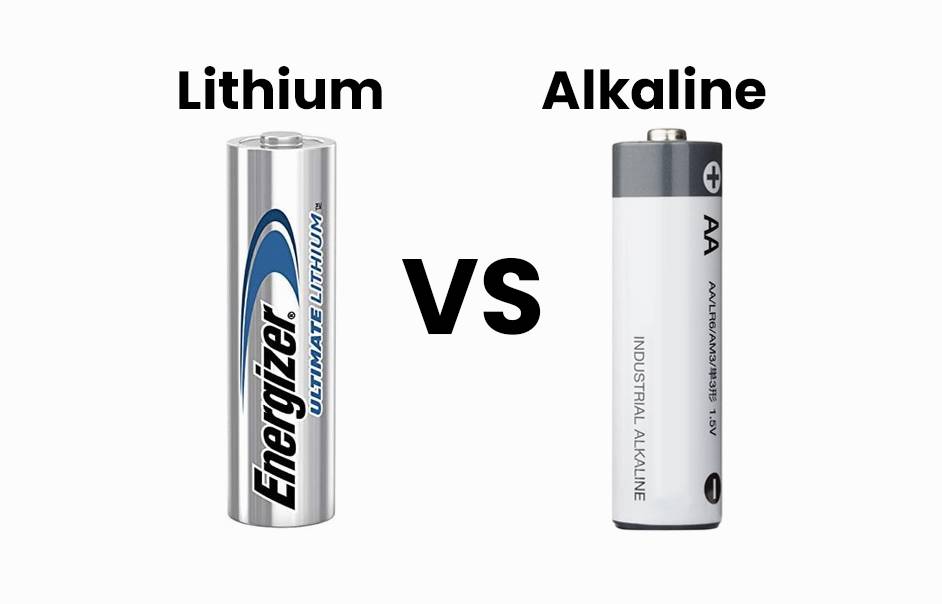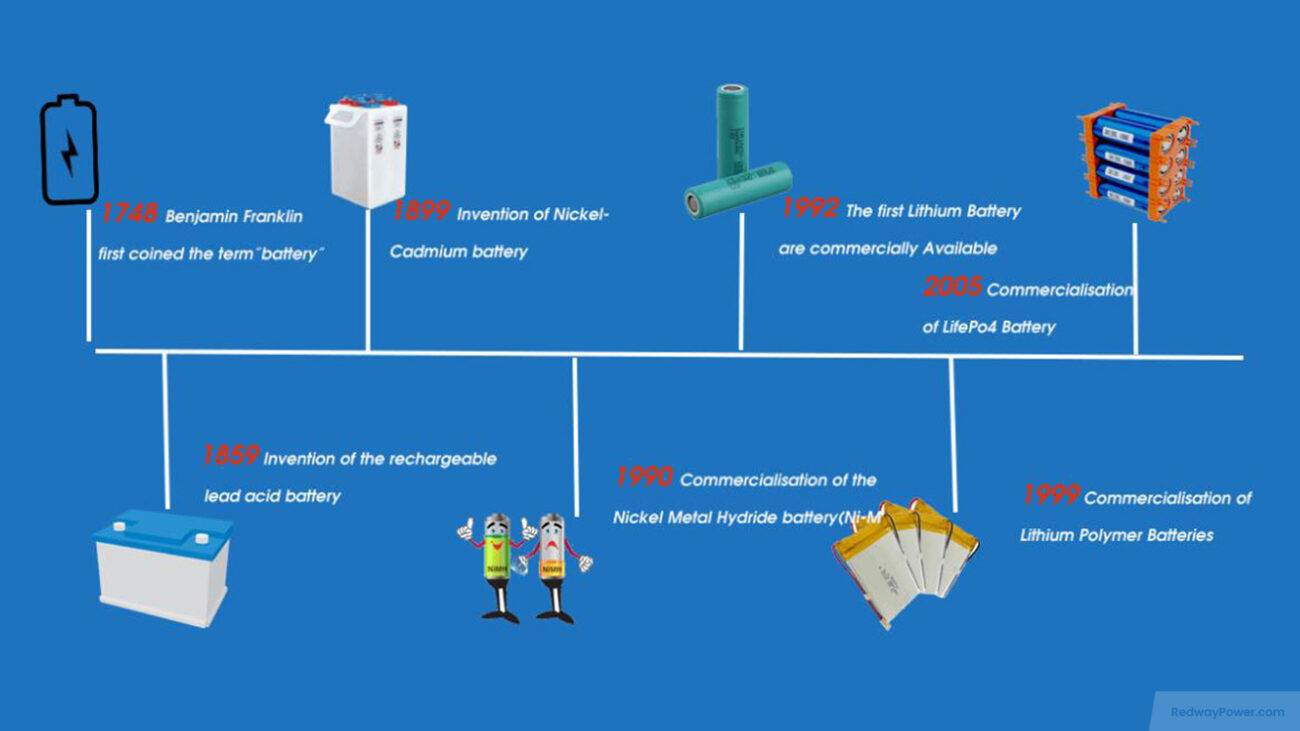What are Telecom Lithium Batteries? Telecom lithium batteries are rechargeable energy storage devices designed for telecommunications applications. Utilizing lithium-ion or lithium iron phosphate (LiFePO4) chemistries, they offer higher energy density, longer lifespan, and faster charging compared to traditional lead-acid batteries. Lightweight and compact, they provide reliable backup power to telecom towers and base stations, ensuring uninterrupted operation during grid outages. Telecom lithium batteries are compatible with renewable energy sources, enabling sustainable off-grid installations. With superior performance, reliability, and environmental benefits, they play a crucial role in powering modern communication networks.
What are Telecom Lithium Batteries?
Telecom lithium batteries are rechargeable and commonly used for backup power in communication base stations. They offer higher energy density and faster charging compared to traditional lead-acid batteries.
Telecom lithium batteries serve as crucial backup power sources for communication base stations, ensuring uninterrupted energy supply. They predominantly utilize lithium-ion or lithium iron phosphate (LiFePO4) chemistries, offering superior energy density, longevity, and faster charging capabilities compared to traditional lead-acid batteries.
Key advantages include compact size, extended lifespan, rapid charging, maintenance-free operation, and lightweight design, making them ideal for various telecom applications. However, proper safety measures, such as temperature control, battery management systems (BMS), and transportation protocols, are essential to mitigate risks associated with lithium batteries. In summary, telecom lithium batteries play a vital role in maintaining reliable communication networks, providing efficiency, durability, and rapid charging solutions.
Types of Telecom Batteries
Telecom backup power relies on various batteries:
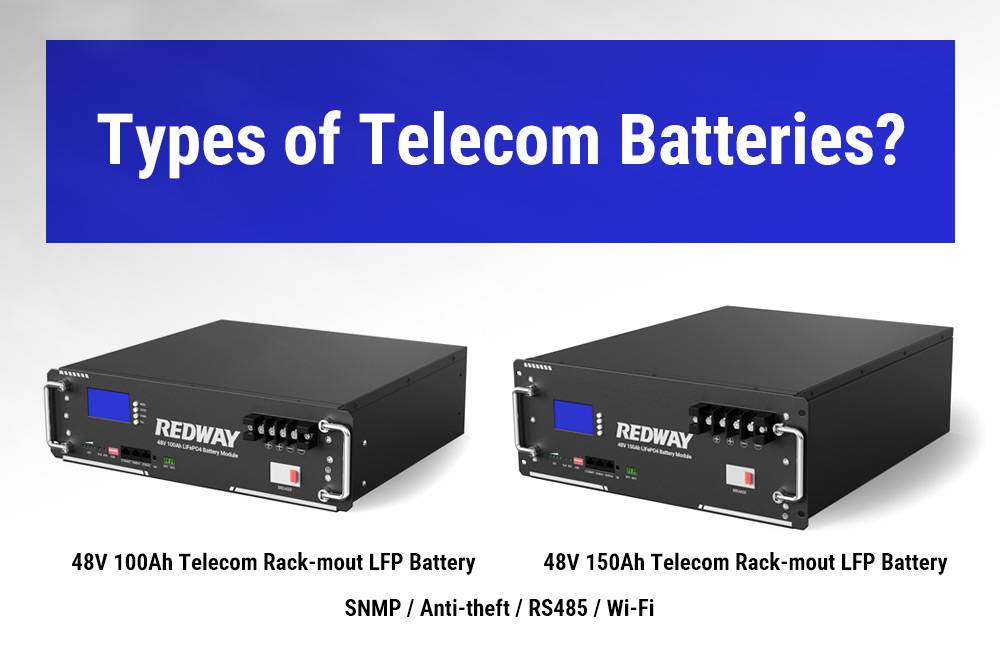
- Lead-Acid: Reliable and cost-effective.
- Lithium-Ion: High energy density and longevity.
- Nickel-Cadmium (Ni-Cd): Good performance in high temps.
- Nickel-Metal Hydride (Ni-MH): Higher energy density.
Each type has unique benefits, influencing choice based on capacity and environment. The choice of battery type depends on factors such as capacity requirements, environmental conditions, lifecycle costs, and specific application needs.
Why Choose Lithium Batteries as Telecom Batteries?
Choosing lithium batteries for telecom applications offers significant advantages over traditional lead-acid batteries. These include higher energy density, longer lifespan, faster charging, reduced maintenance, and lightweight design.
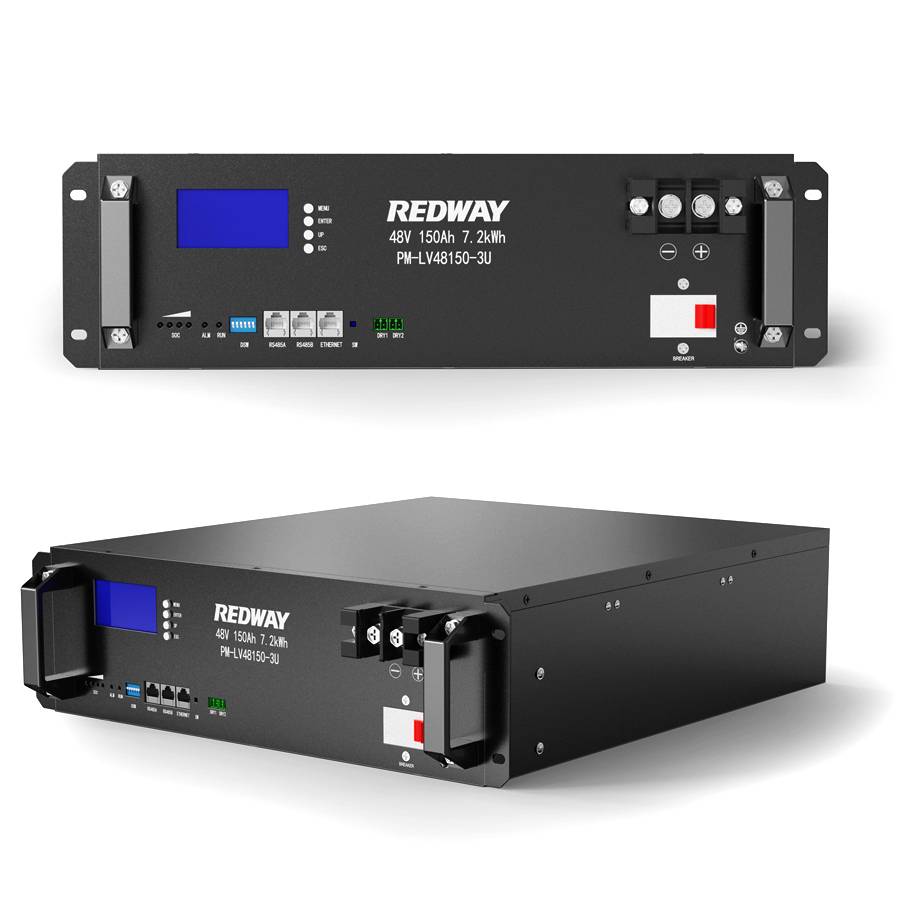
Lithium batteries are compatible with renewable energy sources, making them suitable for off-grid or remote installations powered by solar or wind energy. Environmentally friendly and recyclable, they contribute to sustainability efforts. In summary, the superior performance, reliability, and environmental benefits of lithium batteries make them an optimal choice for telecom infrastructure, driving efficiency, and sustainability in communication networks.
Applications of Telecom Lithium Batteries
Telecom lithium batteries ensure uninterrupted communication networks, serving as backup power for towers, base stations, and off-grid systems. They support data centers, emergency communication, and urban/rural connectivity, playing a vital role in maintaining reliable communication in diverse environments
Telecom lithium batteries play a crucial role in ensuring uninterrupted communication networks across various scenarios. Their applications span from providing backup power for telecom towers and base stations during grid outages to supporting off-grid communication systems integrated with renewable energy sources like solar and wind.
Additionally, these batteries safeguard data centers, enable emergency communication systems, and facilitate connectivity in both urban and rural areas. In essence, they are indispensable for maintaining reliable communication in diverse environments and challenging circumstances.
Voltage Configurations
Voltage configuration is a pivotal consideration in the design of telecom lithium battery systems. Telecom lithium batteries typically use 12V, 24V, or 48V configurations. While 12V suits small setups, 48V is the industry standard, offering compatibility and efficiency with telecom systems.
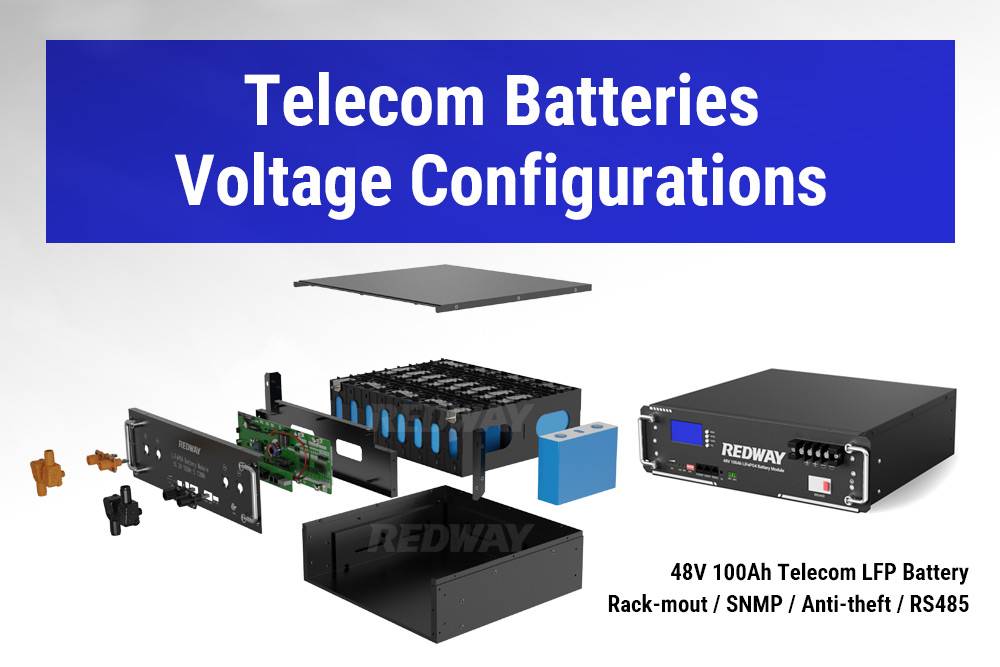
Telecom lithium batteries are essential for maintaining reliable communication networks. Let’s explore their voltage configurations:
- 12V Systems:
- Suitable for small-scale installations.
- Commonly used in telecom applications where space and power requirements are minimal.
- 24V Systems:
- Less common but still used in specific scenarios.
- Offers a balance between 12V and 48V systems.
- 48V Systems (Industry Standard):
- Widely adopted in telecom applications.
- Compatible with telecom equipment and distribution systems.
- Provides efficient power delivery and meets industry requirements.
In summary, while 12V batteries are suitable for smaller setups, the 48V configuration remains the industry standard due to its compatibility and reliability with telecom infrastructure.
Top Brands and Manufacturers
When it comes to telecom lithium batteries, reliability is paramount. Here are five top brands and manufacturers of telecom lithium batteries:
- NorthStar Telecom Lithium Batteries:
- Known for unwavering commitment to quality and innovation.
- Legacy of excellence in telecom power solutions.
- Emphasis on reliability and durability.
- Saft:
- Renowned for high-performance lithium batteries for critical applications.
- Trusted by telecom operators worldwide for their reliability.
- Focus on advanced technology and sustainable energy solutions.
- EnerSys:
- Offers a comprehensive range of telecom lithium batteries.
- Known for their high energy density and long cycle life.
- Emphasizes continuous innovation and customer satisfaction.
- Panasonic:
- Provides advanced lithium batteries tailored for telecom applications.
- Known for their high safety standards and reliability.
- Focuses on eco-friendly solutions and energy efficiency.
- Redway Power:
- Offers cutting-edge lithium batteries designed for telecom infrastructure.
- Emphasizes product performance, safety, and sustainability.
- Known for their robust R&D and commitment to technological advancement in energy storage.

These brands are at the forefront of the telecom lithium battery industry, consistently delivering high-quality and reliable solutions to meet the demanding needs of telecommunications networks worldwide.
Factors Influencing Battery Selection
Choosing the appropriate lithium battery for a telecom application involves assessing several critical factors. Capacity needs, load specifications, environmental conditions, and temperature ranges all play significant roles in determining the most suitable battery. It’s essential to consider these variables thoroughly to make informed decisions that maximize the performance and lifespan of telecom lithium battery systems. With careful attention to these factors, stakeholders can ensure reliable operation and efficiency in telecommunications infrastructure.
How to Optimize Telecom Battery Performance
Maximizing the performance of telecom lithium batteries is vital to uphold uptime and reliability standards. To achieve this, it’s imperative to implement a regimen of regular maintenance, thorough testing, and vigilant monitoring. Employing advanced battery management systems facilitates real-time insights into battery health, empowering proactive maintenance strategies and reducing instances of downtime. By adhering to these practices, telecom operators can optimize battery performance, ensuring sustained reliability and operational efficiency within their infrastructure.
FAQs
What are the advantages of using lithium batteries in telecom applications?
Lithium batteries offer higher energy density, longer lifespan, reduced maintenance requirements, and faster charging compared to traditional lead-acid batteries.
Are lithium batteries safe for use in telecom infrastructure?
Yes, when handled and maintained properly, lithium batteries are safe for use in telecom infrastructure. Precautions should be taken to prevent overcharging, overheating, and physical damage.
How do lithium batteries compare to traditional lead-acid batteries in terms of lifespan and maintenance?
Lithium batteries typically have a longer lifespan and require less maintenance compared to lead-acid batteries. This results in lower operational costs and reduced downtime for telecom systems.
What voltage configurations are available for telecom lithium batteries?
Common voltage configurations for telecom lithium batteries include 12V, 24V, and 48V systems. The 48V configuration is widely used in telecom applications due to its compatibility with equipment and distribution systems.
Can lithium batteries be used in off-grid or remote telecom installations?
Yes, lithium batteries are suitable for off-grid or remote telecom installations. They can store excess energy from renewable sources and provide backup power during outages.
How do I determine the appropriate capacity of lithium batteries for my telecom system?
Capacity should be based on factors like load size, backup duration, and environmental conditions. Conducting a thorough analysis ensures sufficient capacity for the system’s needs.
What factors should I consider when selecting a lithium battery supplier for telecom applications?
Consider factors such as product quality, reliability, warranty, technical support, and adherence to safety and environmental standards when selecting a supplier.
Are there specific installation requirements or considerations for telecom lithium batteries?
Yes, proper installation involves considerations such as battery location, ventilation, temperature control, and wiring. Following manufacturer guidelines ensures safe and efficient installation.
How do I monitor the performance and health of lithium batteries in my telecom network?
Monitoring can be done using battery management systems or monitoring software, providing real-time data on battery status, including voltage, temperature, state of charge, and cycle count.

What are the environmental considerations associated with disposing of or recycling lithium batteries used in telecom infrastructure?
Proper disposal and recycling of lithium batteries are essential to minimize environmental impact. Follow local regulations and guidelines to ensure compliance and reduce environmental footprint.








